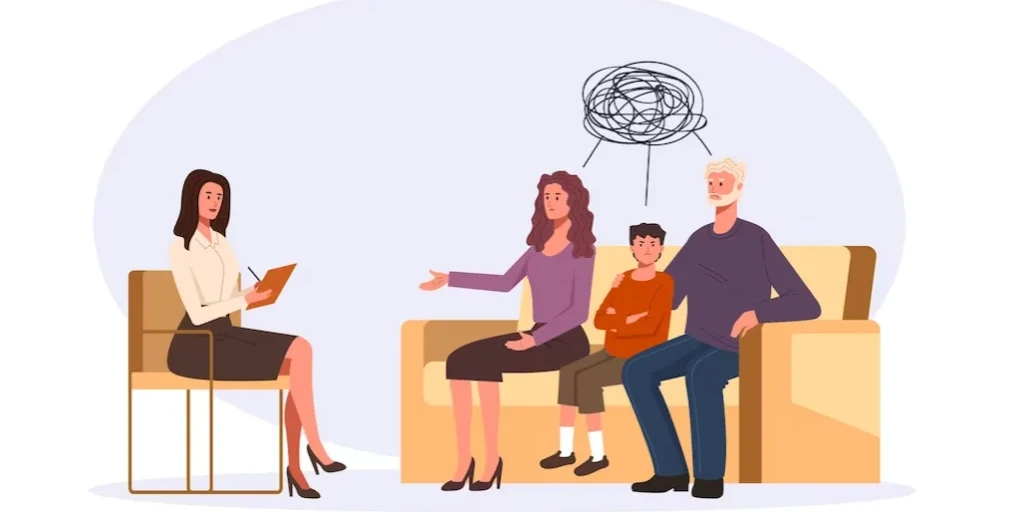24/7 Helpline:
(866) 899-111424/7 Helpline:
(866) 899-1114
Learn more about Prescription drug Rehab centers in Pawhuska
Prescription drug Rehab in Other Cities

Other Insurance Options

Kaiser Permanente
Beacon

Regence

Magellan

Multiplan

EmblemHealth

MVP Healthcare

WellPoint

Health Choice

BlueCross

Highmark

Sutter

Optum

Private insurance

United Health Care

Magellan Health

Carleon

Covered California

WellCare Health Plans

American Behavioral

Osage Nation – Primary Residential Treatment Center
Osage Nation- Primary Residential Treatment Center is a drug and alcohol residential program run by ...


Edwin Fair Community Mental Health Center – Outpatient
Edwin Fair Community Mental Health Center – Outpatient is a private rehab located in Pawhuska, Oklah...








































































































































